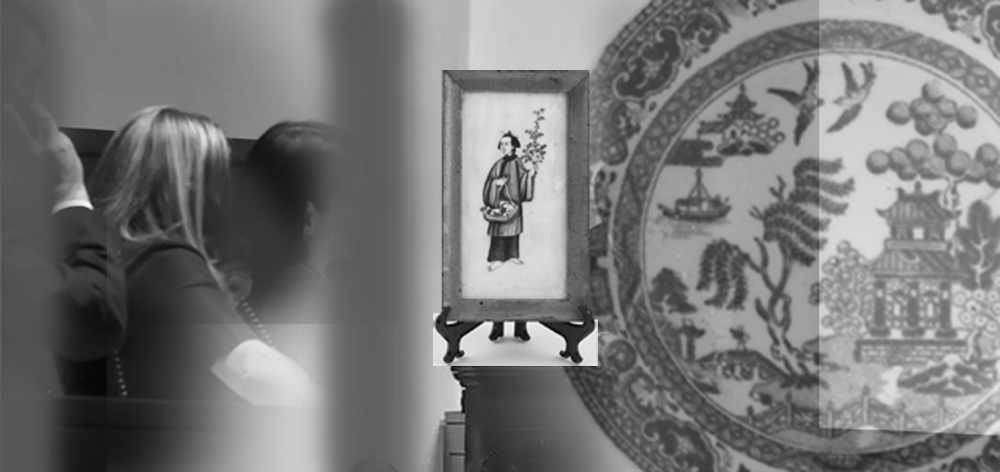
There are a number of reasons why people like collecting antiques and more recent, 20th century artifacts.
1. Collecting for a “Financial Reward”.
Usually antiques and collectables go up in value and one thousand pounds invested in an item can give you up to 50% return in about 10 years, which would surely be more than banks’ saving accounts interest rates. Some treat their collections as their future pension fund.
Not only private collectors are engaged in buying and selling, but businesses too.
Business entities realised that antiques and collectables held in their possession can create an extra financial cushion and treat it as an assets, a long time investment in their business, which will eventually bring a good dividend when it’s needed.
It is not always easy to take a decision about what to collect as some types of collectables go up and down in price within a certain period of time.
For example, Clarice Cliff pottery was extremely collectable about 10 years ago and commanded highest prices. Now the “fever” has largely passed and collectors have become more choosy in what type of Clarice Cliff to invest, for example, which pattern is rarer and may bring more profit in time?
There are some factors which influence whether the value of a collectible increases or decreases over the time:
• The original price of each item
• How many different items are available to collect?
• How rare or common each item is.
• How many other people seek to acquire the same items?
• Is the item trendy?
• Are the items easy to counterfeit?
Each of these factors is important to consider. The actual price and sales information should be taken into account in combination with any other factors, as the market determines value.
2. Collecting for personal gratification.
Some people are preoccupied with collecting in general, others collect certain items, which are symbolic in nature, regardless of their value.
3. Collecting because of sentimental attachments.
A person may try to regain from the present what he was not able to have during his childhood. For example someone who has never had a chance to play with a certain toy and so on…
Such person will likely show a strong attachment to something that serves as symbolic representation from his childhood in an attempt to unconsciously satisfy ungratified needs from his past. Thus, collecting antiques may be associated with individual attachments and characters.
4. Collecting for social acceptance, power and fame.
It is a common knowledge that an excessive display of wealth in the form of material things psychologically influences people.
Moreover, power and fame often go hand in hand as wealth is a way of being socially accepted among the rich.
5. Collecting as a Hobby or purposeless pursuit.
There are people who collect all the time and for them, collecting is a form of therapy.
Psychologists often encourage their clients to undergo such activity especially those who have suffered from post-traumatic stress disorder.
In these cases collecting becomes a form of diversion that temporary diverts one’s attention from an existing problem giving the person an opportunity to build a more permanent defence mechanism in a process of healing.
6. Collecting as a form of achievement associated with excellent taste, elegance, power and money to achieve financial reward.
Whatever the reasons are for collecting antiques and collectibles they should all provide contentment, financial and psychological gratification to some people.
If you like collecting then please join our



